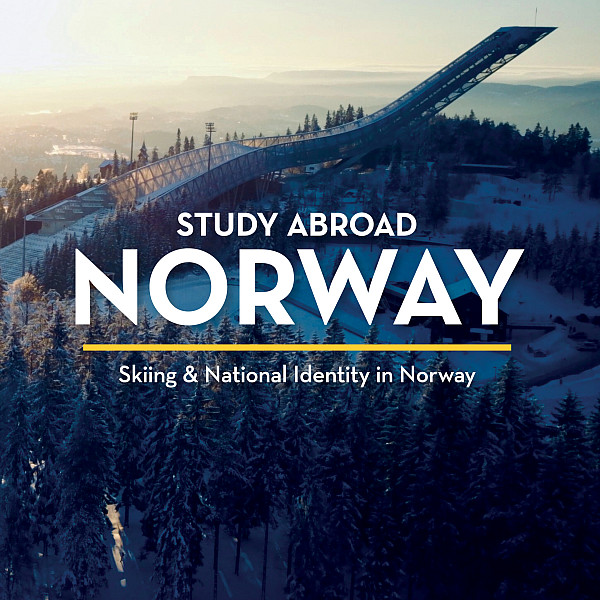Study Abroad
Study in Norway
Norway has established itself as a leader in higher education. The country’s universities are recognized globally for their commitment to sustainability, innovation, and student-centered teaching, making Norway a top choice for those seeking a forward-thinking academic environment.
Here’s why Norway is a fantastic destination for international students:
- Student-Friendly Environment: Norway offers a welcoming and supportive atmosphere for students, with cities like Oslo, Bergen, and Trondheim known for their safety, cleanliness, and vibrant student life. These cities provide a perfect blend of nature, culture, and modern amenities, making them ideal for student living.
- Reputable Universities: Norwegian universities are known for their excellence in research and education. Institutions like the University of Oslo, Norwegian University of Science and Technology (NTNU), and the University of Bergen are recognized worldwide for their academic standards, research contributions, and student support services.
- No Tuition Fees and Financial Support: Public universities in Norway generally do not charge tuition fees for both domestic and international students, making it an attractive option for high-quality yet affordable education. Additionally, various grants and scholarships are available to help cover living expenses, making education in Norway more accessible to students from around the globe.

Programs and Their Duration in Norway
Norwegian universities offer a variety of programs designed to suit different academic and career paths:
| Qualification | Duration | Practical Training |
|---|---|---|
| Undergraduate Degrees (e.g., BA, B.Sc.) | 3 years | Often includes internships or practical experience |
| Integrated Master’s Programs | 5 years | Combines bachelor’s and master’s, with internships |
| Taught Master’s Degrees (e.g., MA, M.Sc., MBA) | 1-2 years | Opportunities for internships or research projects |
| Research Master’s Degrees | 2 years | Focus on independent research with industry ties |
| Doctoral Degrees (e.g., PhD) | 3-4 years | Involves extensive research and potential collaborations with industry or academia |
This table provides an overview of the typical duration of each program offered by Norwegian universities. Many programs integrate practical training, internships, or research projects, enabling students to gain valuable hands-on experience and skills in their chosen field.
Cost of Living in Norway
The cost of living in Norway varies significantly depending on the city and lifestyle. On average, students should budget between NOK 9,000 and NOK 20,000 per month to cover expenses such as accommodation, food, transportation, and leisure activities. Larger cities like Oslo and Bergen generally have higher living costs due to their popularity and size, while smaller cities and towns often offer more affordable options, allowing students to manage their expenses more comfortably.
Academic Intakes for Studying in Norway
Norwegian universities generally offer two main academic intakes each year, providing flexibility for students to begin their studies. The two primary intakes in Norway are:
| Intake | Start Date |
|---|---|
| Autumn Intake | August |
| Spring Intake | January |
These intake periods allow students to plan their applications and academic schedules efficiently. Most programs have their main intake in the autumn, while a smaller selection of programs is available for the spring intake. This structure ensures that students have multiple opportunities to start their educational journey in Norway.
Top Universities in Norway
Here are some of the leading universities for higher education in Norway:
| S.No. | Institution | QS Ranking 2024 (Globally) |
|---|---|---|
| 1 | University of Oslo | 120 |
| 2 | Norwegian University of Science and Technology (NTNU) | 140 |
| 3 | University of Bergen | 180 |
| 4 | University of Tromsø – The Arctic University | 200 |
| 5 | Norwegian School of Economics (NHH) | 250 |
This list highlights some of the top universities in Norway and their global rankings, reflecting the country’s strong commitment to academic excellence and research.







